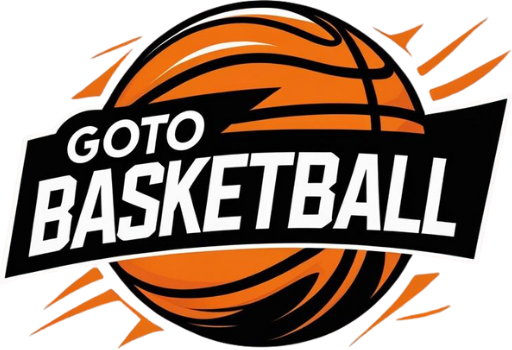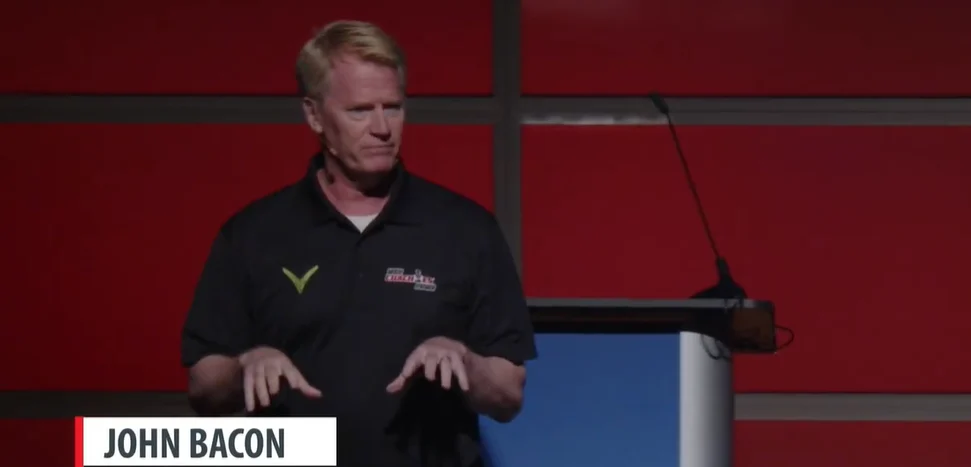ANN ARBOR — In the hushed corridors of college football’s morality, Michigan’s recent sign-stealing scandal has echoed not like a detour but a long, dangerous spiral. Right now, the University of Michigan is paying dearly. And as summer turns to fall, it’s not just scholarship limits and game bans on the line, it’s reputation, legacy, and the soul of athletic competition.
- A Conversation Unearthed
- Fines, Suspensions, and Show-Causes: The Rub of Accountability
- The Rules in Question And the Art of Oversight
- Financial Fallout and Philosophical Fracture
- Absent Players, Lingering Legacies
- A Broader Reflection on Compliance and Culture
- The Road Ahead and Legacy Waiting at the Finish Line
A Conversation Unearthed
Last week, Michigan Public’s own sports commentator John U. Bacon sat down with Morning Edition’s Doug Tribou to walk through the NCAA’s sanctions—yet words alone couldn’t bury the weight behind them.
He let the numbers speak:
- A $50,000 fine, small, he said, in disbelief.
- But paired with 10% of the football budget, a slice of postseason revenue for two years, and scholarship reductions, the total damage rounds to roughly $30 million “real money,” Bacon stressed.
Michigan Public
Add to that four years of probation. Recruiting restrictions on official visits. Silent reminders to come, embedded in every broken play and empty field.
Fines, Suspensions, and Show-Causes: The Rub of Accountability
On the personal front, the NCAA issued a cascade of show-cause orders:
-
- Connor Stalions, the architect of the scheme, got an eight-year show-cause, ostensibly exiling him from college athletics.
- Jim Harbaugh, Michigan’s former head coach, was tagged with a 10-year show-cause starting in 2028 on top of a previous four-year order, meaning return to college coaching seems more theoretical than possible.
- Sherrone Moore, current head coach, will miss the first game of 2026, in addition to already self-imposed suspensions, for deleting text messages connected to the Stalions.
Michigan PublicWikipedia
And for Denard Robinson, an assistant director, an additional three-year show-cause landed him in the middle of a swirling storm of lost trust.
Wikipedia
According to Bacon, the NCAA seemed “angriest” with Stalions and Harbaugh—not surprising given how defiant and dismissive Michigan’s compliance culture had become.
Michigan Public
The Rules in Question And the Art of Oversight
Here’s the NCAA’s bylaw: teams can legally steal signs from afar on film or in person during a game. But the third option, using technology while physically at a game, crosses the line. Stalions’ network, whimsically dubbed the “KGB,” blended the worst of both worlds.
Michigan PublicWikipedia
He bought tickets, thousands of dollars worth in his name, to 52 games across Big Ten programs. He paid proxies to scout live, then recorded, decoded, and disseminated signals in breach of the NCAA prohibition.
AP NewsSIWikipedia
When compliance investigators knocked, Stalions spun tales of shattered phones, lakeside disposal, and a pond burying his files. The NCAA dismissed it as obstruction, noting it as “some of the worst cooperation we’ve seen.”
AP NewsWikipediamgoblog
Bacon, who helped translate these violations for listeners, concluded it: “They mistakenly believed enforcement was optional.”
Michigan Public
Financial Fallout and Philosophical Fracture
The school was able to dodge a postseason ban or stripped wins. Michigan’s 2023 national championship remained intact. But fans and insiders see gray shades.
The financial hit is real $20–30 million is not symbolic. The program suffered recruiting headwinds and institutional humiliation.
The Washington PostThe GuardianNew York Post
Dave Portnoy, the vocal Michigan alum and Barstool Sports figure, called it “ashtray money,” mocking in tone but revealing in truth.
New York Post
Meanwhile, critics like Syracuse’s Paul Finebaum and Bob Stoops called the scandal “one of the worst in college sports history.”
The Washington PostWikipedia
Absent Players, Lingering Legacies
One of the biggest hallmarks of the NCAA’s ruling? No players were punished. No wins were vacated. Scholarships weren’t slashed. And fans won’t feel the clampdown in attendance or support, at least not yet.
“The NCAA chose not to punish current athletes,” wrote The Wall Street Journal, perhaps to blunt blowback from those who had nothing to do with the scandal.
The Wall Street Journal
Still, the moral cost remains. When Hall of Fame aspirations face moral erosion, championships feel like noisy echoes in hollow halls.
A Broader Reflection on Compliance and Culture
“Stealing signs isn’t new,” said Bacon, “but this was theft wrapped in technology and secrecy.” The NCAA’s approach to levying fines while preserving outcomes raises questions about priorities: Is sport structure not trust?
Some argue Michigan got off easy compared to other schools like Louisville, where championships were vacated. Others see this as a way forward: learn fast, pay up, stay in the game.
Either way, Michigan’s compliance culture was laid bare, its foundations shaken. And its Fate as a flagship in crisis is now a cautionary tale across the nation.
The Road Ahead and Legacy Waiting at the Finish Line
Michigan plans to appeal. The road will be long from shoring up recruiting pipelines to rebuilding trust with conference partners, compliance bodies, and, yes, fans.
But scholarships, players, and seasons remain. As Bacon put it, “Michigan didn’t win titles because of Stalions, but Stalions were a risk they could’ve lost everything by underestimating.”
Beneath X’s and O’s, beneath protests and protests, there’s a year ahead, and a program hoping to recalibrate a vision without shortcuts.





